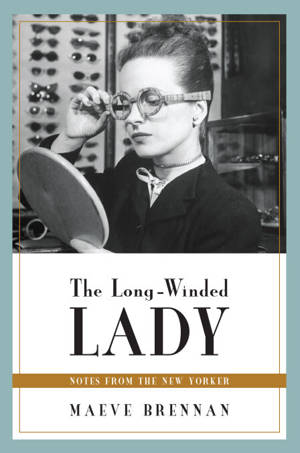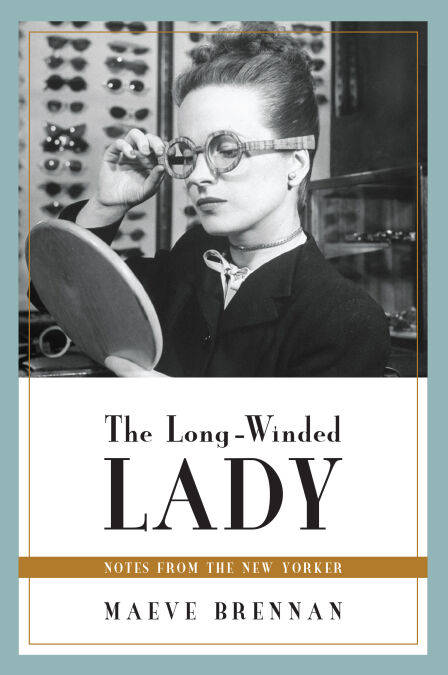
- Afhalen na 1 uur in een winkel met voorraad
- Gratis thuislevering in België vanaf € 30
- Ruim aanbod met 7 miljoen producten
- Afhalen na 1 uur in een winkel met voorraad
- Gratis thuislevering in België vanaf € 30
- Ruim aanbod met 7 miljoen producten
Zoeken
€ 15,76
+ 15 punten
Omschrijving
“Maeve Brennan . . . helped put New York back into The New Yorker, and has written about the city of the sixties with both honesty and affection . . . She is constantly alert, sharp-eyed as a sparrow for the crumbs of human event, the overheard and the glimpsed and the guessed at, that form a solitary city person’s least expensive amusement.” —John Updike, author of Rabbit, Run
From 1954 to 1981, Maeve Brennan wrote for The New Yorker under the pen name "The Long–Winded Lady." Her unforgettable sketches—prose snapshots of life in small restaurants, cheap hotels, and crowded streets of Times Square and the Village—together form a timeless, bittersweet tribute to what she called the "most reckless, most ambitious, most confused, most comical, the saddest and coldest and most human of cities."
First published in 1969, The Long–Winded Lady is a celebration of one of the twentieth century’s most accomplished storytellers and documentarians of city life. As contemporary culture revisits with new appreciation the pioneering female voices of the past century, Maeve Brennan remains a writer whose dazzling work continues to embolden a new generation.
From 1954 to 1981, Maeve Brennan wrote for The New Yorker under the pen name "The Long–Winded Lady." Her unforgettable sketches—prose snapshots of life in small restaurants, cheap hotels, and crowded streets of Times Square and the Village—together form a timeless, bittersweet tribute to what she called the "most reckless, most ambitious, most confused, most comical, the saddest and coldest and most human of cities."
First published in 1969, The Long–Winded Lady is a celebration of one of the twentieth century’s most accomplished storytellers and documentarians of city life. As contemporary culture revisits with new appreciation the pioneering female voices of the past century, Maeve Brennan remains a writer whose dazzling work continues to embolden a new generation.
Specificaties
Betrokkenen
- Auteur(s):
- Uitgeverij:
Inhoud
- Aantal bladzijden:
- 288
- Taal:
- Engels
Eigenschappen
- Productcode (EAN):
- 9781619026544
- Verschijningsdatum:
- 14/04/2015
- Uitvoering:
- E-book
- Beveiligd met:
- Adobe DRM
- Formaat:
- ePub

Alleen bij Standaard Boekhandel
+ 15 punten op je klantenkaart van Standaard Boekhandel
Beoordelingen
We publiceren alleen reviews die voldoen aan de voorwaarden voor reviews. Bekijk onze voorwaarden voor reviews.







